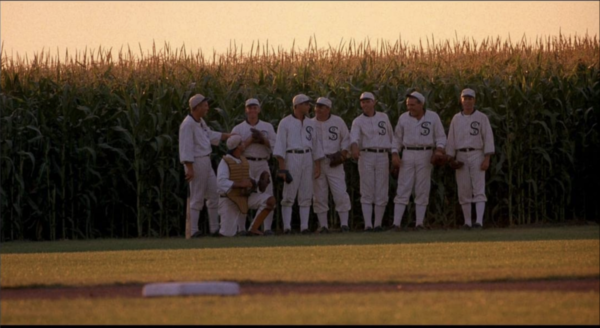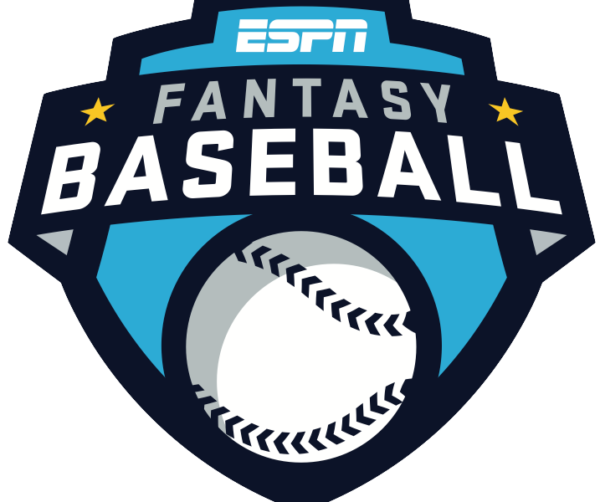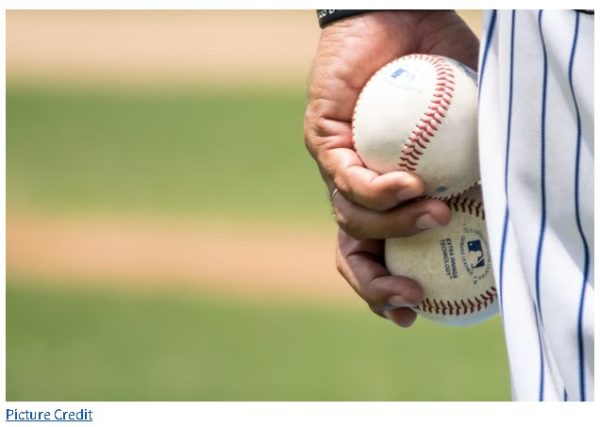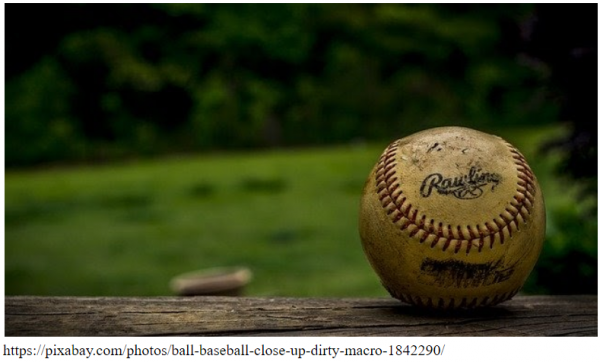
Often, the parental pressure that parents place on young baseball players is subtle, but builds over time to the point where kids no longer want to play. The resulting kids’ desire to quit baseball comes as a surprise and disappointment to parents, which creates additional tension between them. Parents and coaches, who avoid these negative habits, will develop ballplayers who, more often than not, will want to continue playing baseball.
5 Habits to Avoid
- Threatening statements like “You have to practice more” or “Why don’t you think out there” or “When I was your age I could already do (such and such)” or “I am not coming to your games if that is the way you are going to play” cause kids to say “Playing is not worth it, anymore.” Often, these parental comments are whispered just loud enough for ballplayers to hear. However, they may as well be screamed at the top of their lungs because of how hurtful they can be to youth.
- Head shakes, rolls of eyes, look aways, kicking the ground and worst of all, ignoring their child after games are hurtful. Negative gestures are often noticed by kids, even though parents may think their kids do not notice, and they hurt as much as negative words.
- Criticism given in front of others that speaks to a child’s effort or results, often and immediately after games, is never constructive. Occasionally showing disappointment is normal but constructive criticism should be directed at the child only.
- Unreasonable or unreachable expectations from parents create negative pressures that often lead to athletic burnout in kids. Parents, who never seem satisfied with kids’ performances, create pressure that leads to unhappy athletes.
- Abusive behavior is the most damaging because this behavior tears down kids’ self-esteem. Parental phrases like, “You will never be any good,” or “Why can’t you play like so and so,” or “You are embarrassing me” are statements that often start the abuse. Abusive parents, physically or mentally, place such pressure on kids that long-term behavioral problems surface in the youth’s life, even beyond the playing fields.
Often, outsiders will notice situations where kids have an excessive amount of parental pressure when parents themselves do not recognize it. Good friends, who notice such parental behavior, owe it to the kids and to themselves to delicately approach these abusive parents with their concerns.










